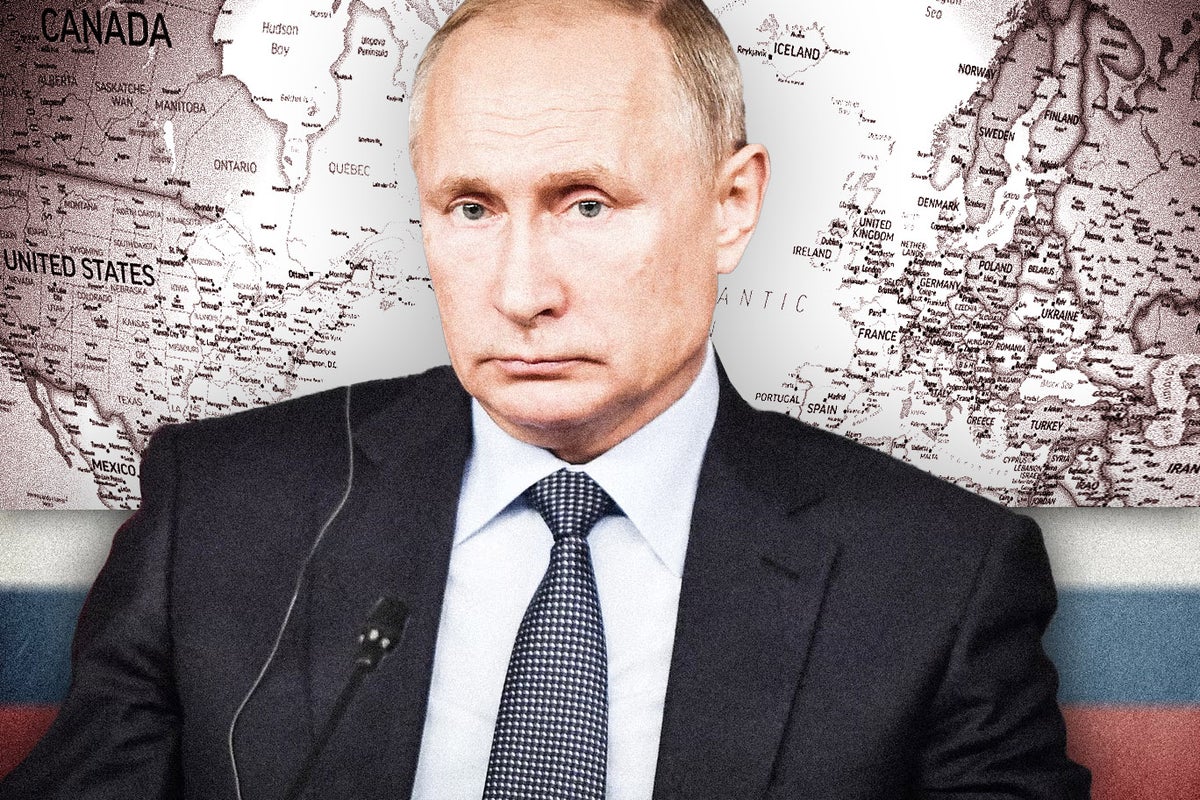A “huge number” of Russian drones were shot down in Polish airspace for the first time since the beginning of the war in Ukraine, prime minister Donald Tusk has said.
Poland scrambled both Nato and its own air defences to intercept the drones, while European leaders rallied in support and widely condemned the incursion.
Although the defensive military alliance is not yet treating the incident as an attack on one of its members, it marks the latest in Russia’s attempts to destabilise Nato (attempts of which seem to be escalating).
“Russia tests out whether the West will tolerate something which ought to be totally unacceptable and intolerable – and each time they find the answer is yes,” Keir Giles, senior fellow of the Russia and Eurasia programme at Chatham House, told The Independent.

Moscow blurs the line between peace and war, Mr Giles explained, steadily escalating semi-covert and implausibly deniable operations without getting a response. This dates back to at least 2014, when Russia’s military intelligence service, the GRU, stepped up activities across Europe, including the Czech depot explosion – an event described as indistinguishable from acts of war, yet met with inaction.
“So what does Russia do? It creates the environment in which they are able to get closer and closer to achieving their objectives through military aims without anybody noticing. And that’s the classic definition of salami tactics.
“You get into a state of war, a slice at a time, and that means that people don’t realise or don’t react to what’s going on.”
Nato states online that its relations with Russia are at their lowest point since the Cold War.
A spokesperson for the alliance told The Independent: “Nato’s position on Russia has been consistent and transparent throughout, and it is enshrined in the declaration of the Nato Summit in The Hague, in June, in which Russia is categorised as a ‘long-term threat’.”
The alliance was founded in 1949 by 12 states, including the UK, US, France, Canada and several western European countries as a defensive military alliance, in part to deter Soviet Expansion. Poland joined in 1999.
Here, The Independent looks at other key moments where Russia has provoked Nato
2018 Sergei Skripal poisoning
On March 4, former double agent Sergei Skripal and his daughter Yulia were found severely ill on a bench in Salisbury, the UK.
A type of military-grade nerve agent, Novichok, developed by Russia had been applied to the door handle of his home.
After being jailed in 2006 over Russian accusations of spying for MI6, he was pardoned and resettled in the UK in 2010.
It was the first offensive use of a nerve agent on Alliance territory since Nato’s foundation, the alliance said.
A murder inquiry launched after Dawn Sturgess died from Novichok poisoning in Salisbury Hospital in July.
The UK said Russian spies were responsible for the attack, which Russia denied.
Nato allies found the attack was a “clear breach of international norms and agreements”.
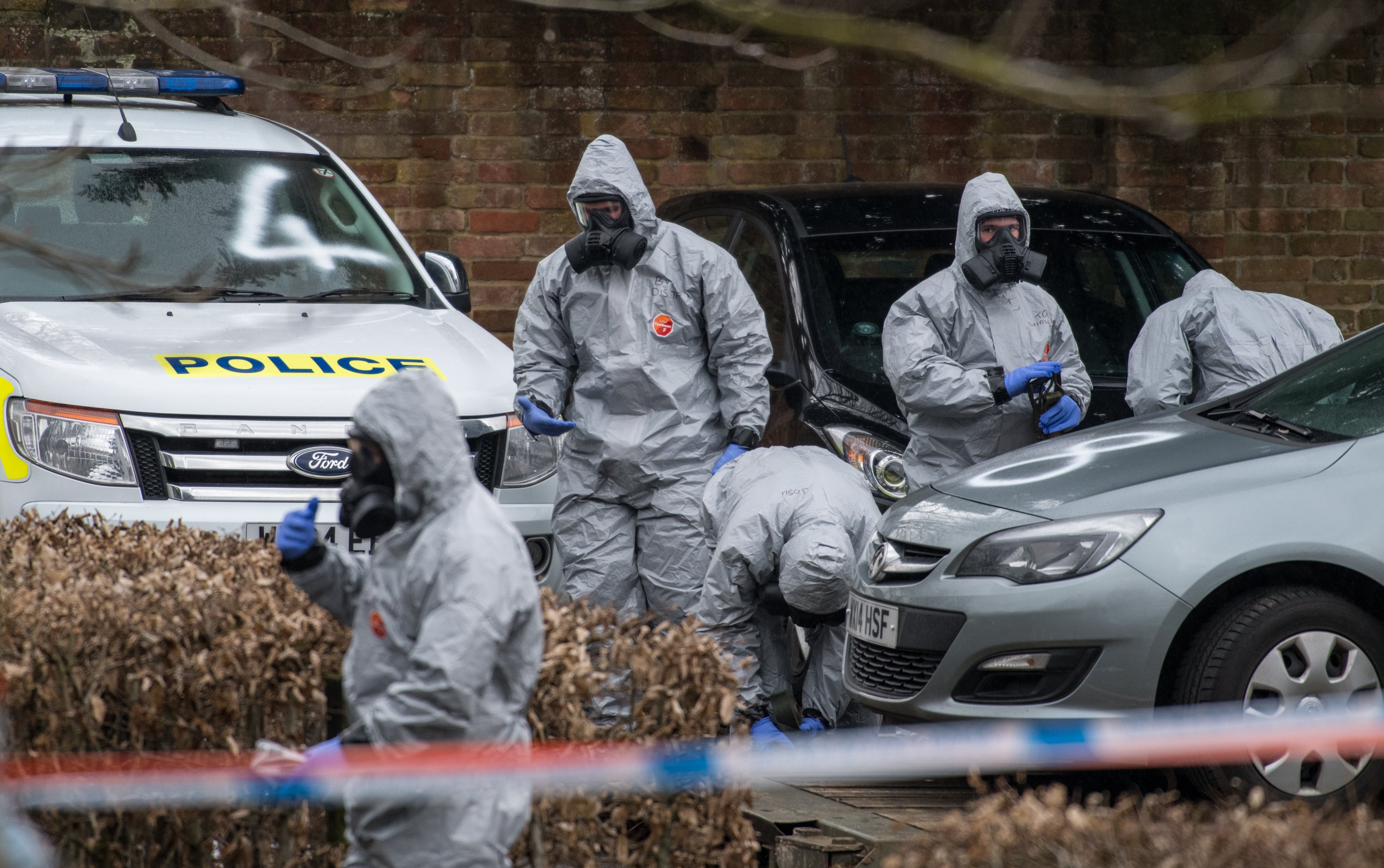
2018 Attempted cyberattack in The Hague
In October, a cyberattack targeted the offices of the Organisation for the Prohibition of Chemical Weapons (OPCW) in The Hague, Netherlands.
Nato said a “hostile operation” was planned by the GRU but disrupted by Dutch and UK intelligence.
At the time the OPCW, the world’s leading chemical weapons watchdog, had been investigating the Skripal poisoning.
British and Dutch officials said the aim was to disrupt computers in the building.
They identified four Russians they say were MRU agents involved, who allegedly arrived in the Netherlands with diplomatic passports in April.
“Russia must stop its reckless pattern of behaviour,” the alliance stated in response at the time.
“Nato Allies stand in solidarity with the decision by the Dutch and British governments to call out Russia on its blatant attempts to undermine international law and institutions.”
Russia said the allegations were a “rich fantasy” and “diabolical cocktail”.
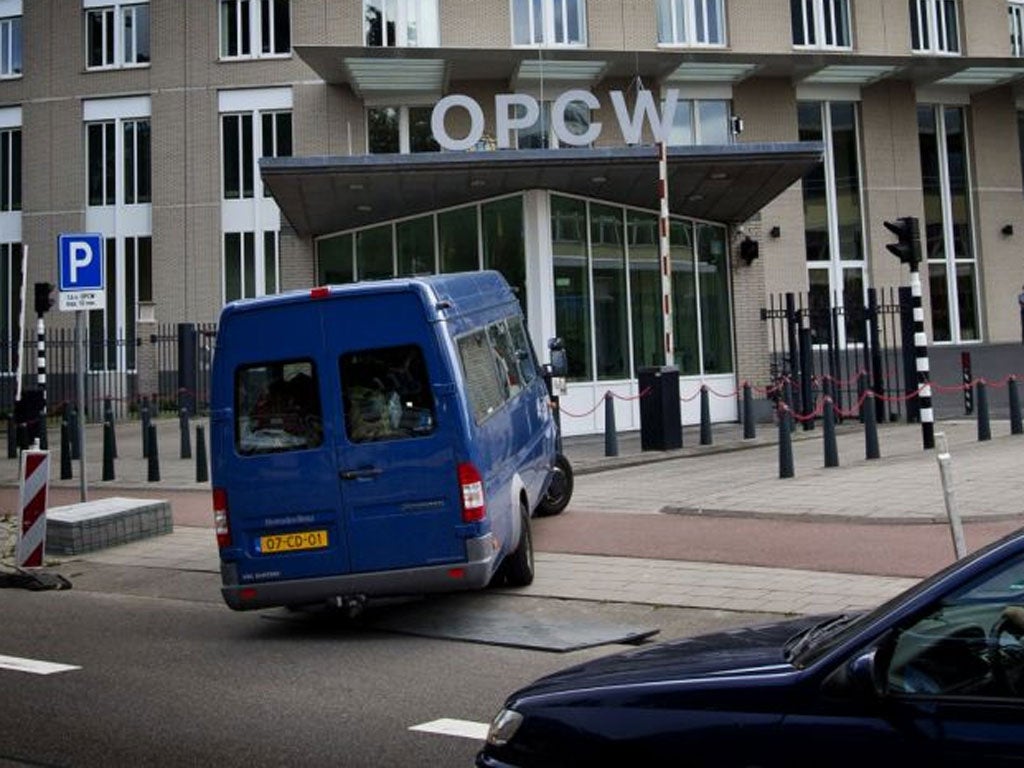
2019-2020 SolarWinds hack against the United States
The SolarWinds hack was a massive supply chain cyberattack where hackers inserted malicious code, known as Sunburst, into updates of SolarWinds’ Orion IT monitoring software.
The breach affected US government agencies, including Homeland Security and the Treasury and major companies like Microsoft, Cisco and FireEye. More than 18,000 customers installed the malicious updates.
Hackers gained access to the network in September 2019, injected Sunburst in February 2020 and were not detected in December 2020, according to SolarWinds.
US investigators attributed the attack to Russia’s Foreign Intelligence Service. Russia denied involvement.
“The United States and other Allies assess that all available evidence points to the responsibility of the Russian Federation for the SolarWinds hack,” Nato stated.
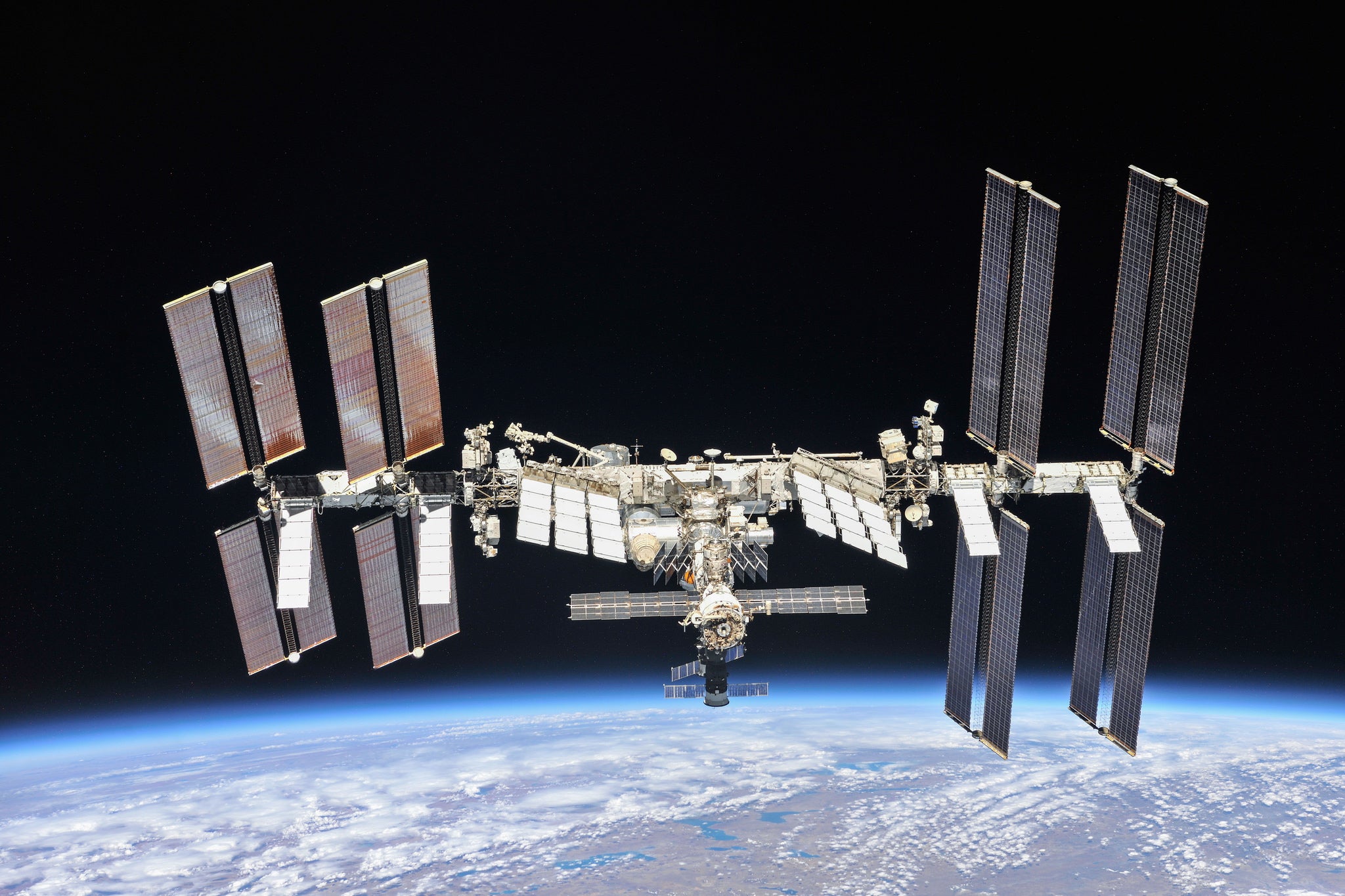
2021 Anti-satellite missile test
On 15 November 2021, Russia conducted an anti-satellite missile test, destroying a defunct Soviet intelligence satellite in space.
The interception caused over 1,500 pieces of orbital debris and NASA said the International Space Station astronauts and cosmonauts had to follow emergency procedures.
The US, NASA and Nato all condemned the test, with US Secretary of State Anthony Blinken calling it “reckless and irresponsible” and a threat to the “long-term sustainability of outer space’”.
“This dangerous behaviour directly contradicts Russia’s claims to oppose the “weaponisation” of space,” Nato stated at the time.
“This test caused an orbital debris field that significantly increases risk to human life and to the space-based assets of numerous nations and entities.”
NASA Administrator Bill Nelson added separately: “With its long and storied history in human spaceflight, it is unthinkable that Russia would endanger not only the American and international partner astronauts on the ISS, but also their own cosmonauts.”
Russia confirmed the test but denied allegations it threatened space security.
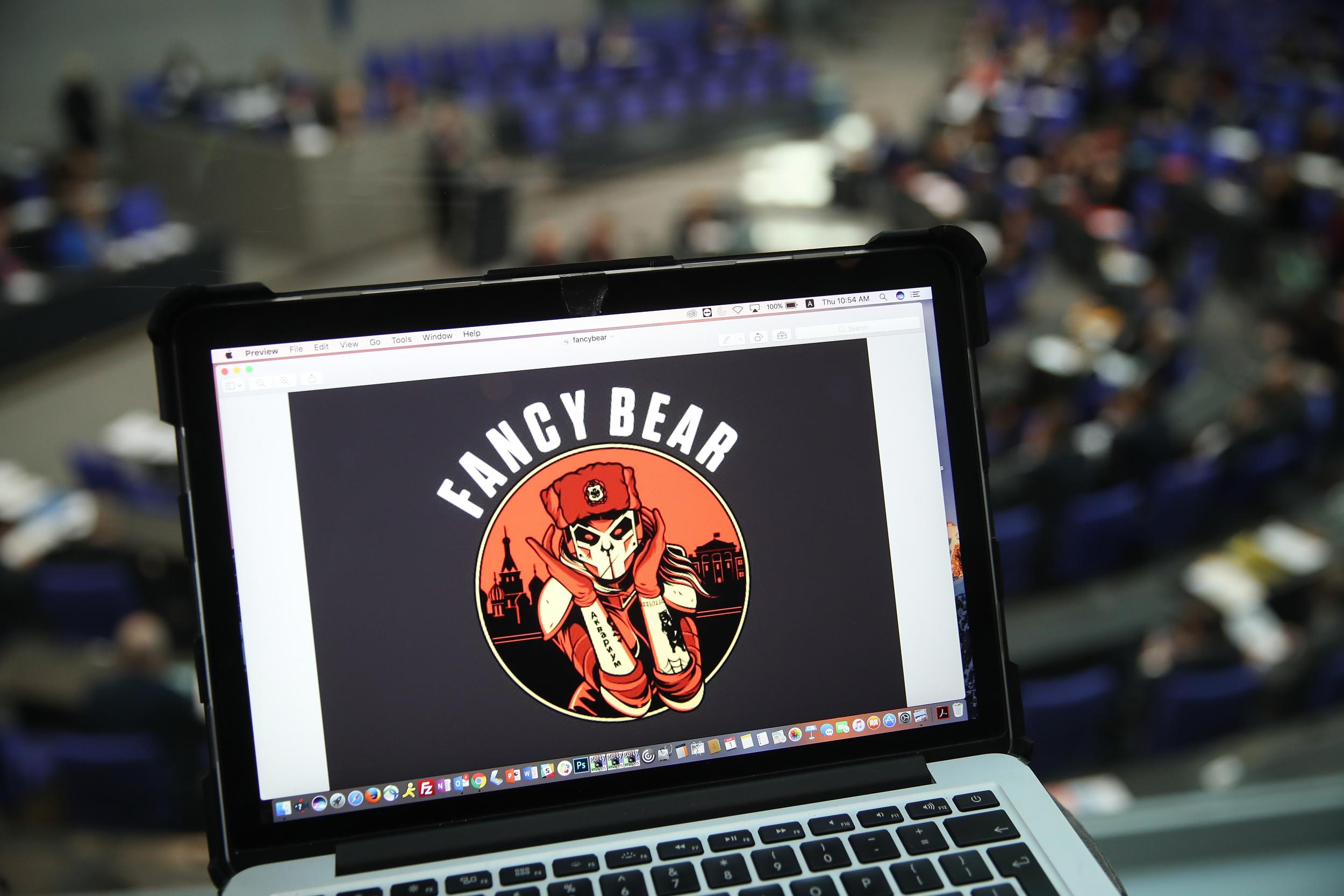
2022-2025 APT28 cyber campaigns against German political party
A cyber espionage group with ties to Russia’s GRU, known as APT28, attacked the headquarters of Germany’s Social Democratic Party in December 2022 as part of a wider campaign that started in March 2022.
Also known as Sofacy, Fancy Bear, Pawn Storm and Sednit, APT28 has been active globally since at least 2004.
The group also targeted German logistics, defence, aerospace, and IT companies, as well as foreign targets associated with Russia’s war on Ukraine, according to Germany’s Interior Ministry.
In 2024, Nato recognised that Germany and Czechia attributed the activities to APT28.
“Allies also note with concern that the same threat actor targeted other national governmental entities, critical infrastructure operators and other entities across the Alliance, including in Lithuania, Poland, Slovakia and Sweden,” it stated online.
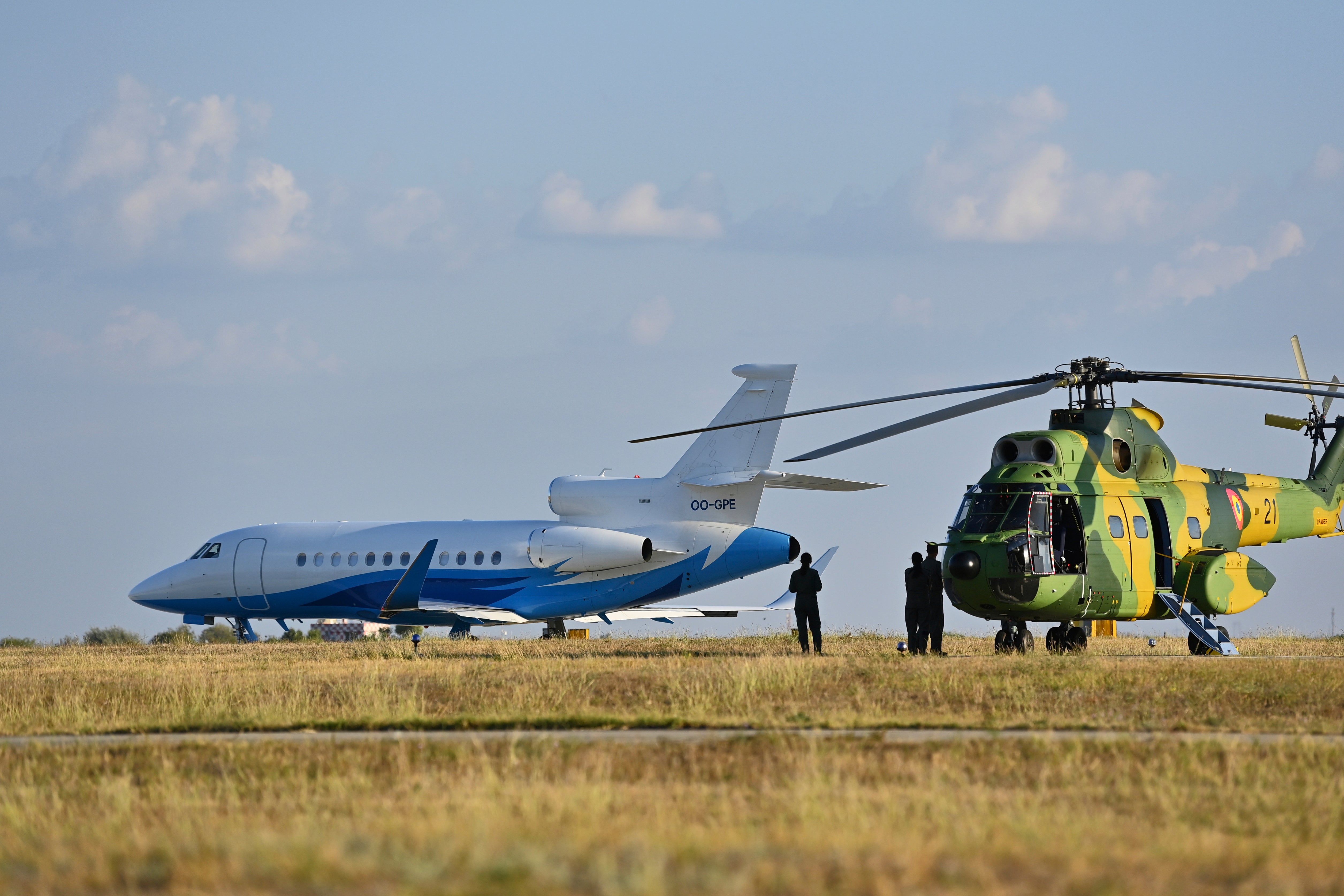
2025 GPS Jamming
Earlier this month, the GPS of the plane carrying EU Commission head Ursula von der Leyen was reportedly jammed while travelling to Bulgaria on a four-day tour of EU states bordering Russia.
Bulgarian authorities initially suspected Russian interference, and Nato said it was working “day and night” to prevent further jamming.
But the Bulgarian government backtracked shortly after, saying that the plane had only experienced a routine partial signal interruption and was not disrupted.
An electronic backup system allowed the plane to land without paper maps, Bulgarian authorities found, leaving Brussels officials unclear about the incident. Russian foreign ministry said the allegations were fake and paranoia.
Meanwhile, the bloc said it would increase its number of satellites in low orbit to enhance detection of such interference.
“Russia is jamming people’s GPS across the region, which ought to be something that’s totally unacceptable, but instead it’s being normalised,” Mr Giles told The Independent.
There have been multiple instances of alleged GPS jamming in the Baltic region, with Sweden reporting a significant increase in September and Estonia accusing Russia last year of jamming GPS devices over Baltic airspace.


